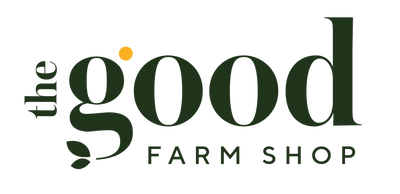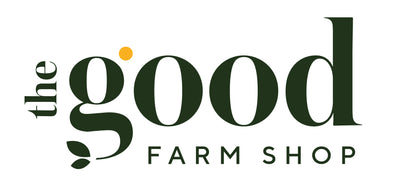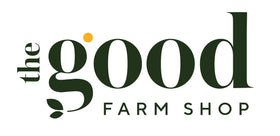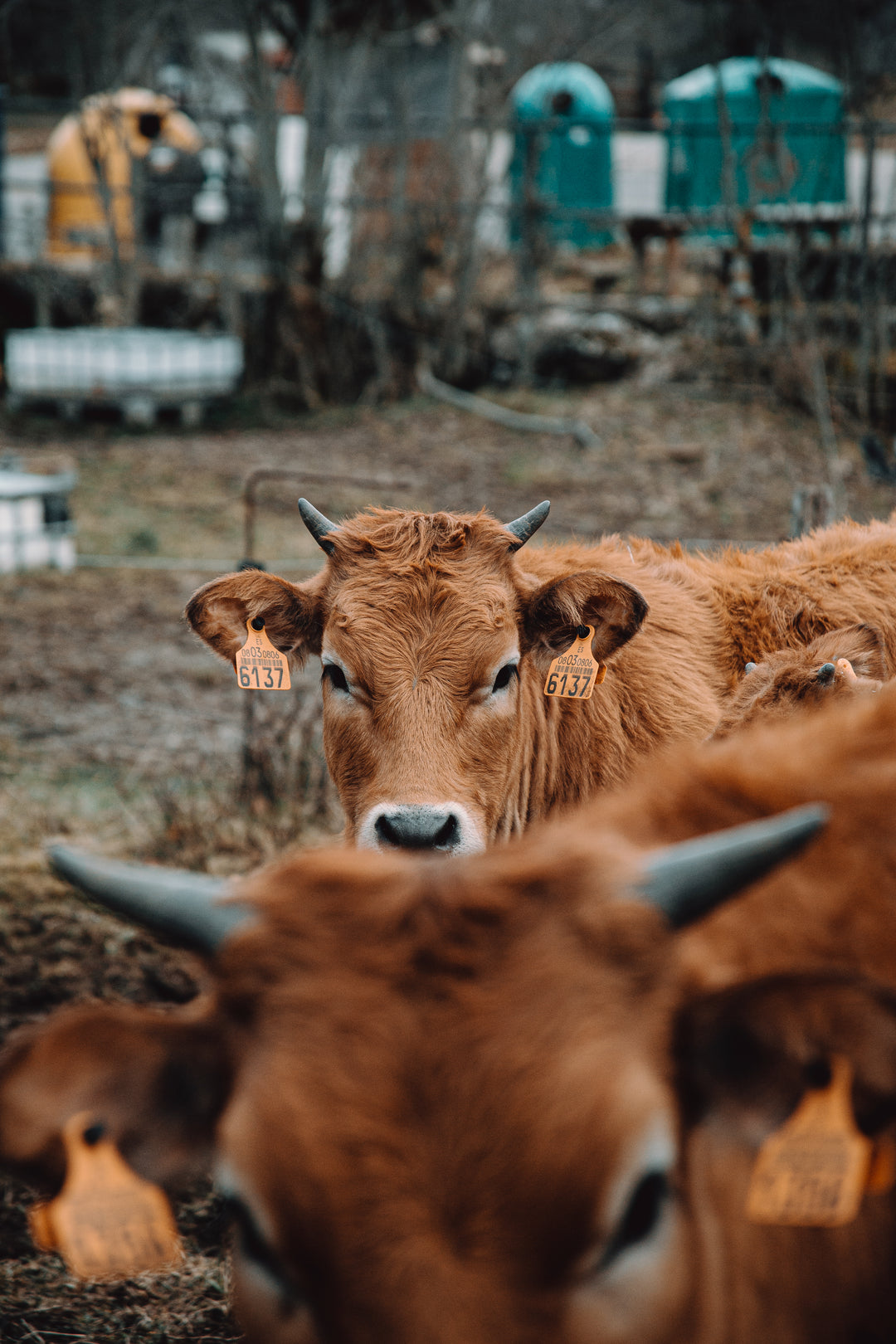The Importance of Protein
We all have our food story, so I thought I'd share an abridged version of mine. For the vegetarians and vegans reading this, please know this is not a plea for you to change your ways AT ALL, we all have our reasons for why we make our choices. This is simply my experience, and my food story. I just want to make clear, I GET why people don't eat animal protein. I get it. I wholeheartedly do.
I've been vegan, veggo, pescatarian and omnivore. As a self-loathing teenager, I tried every diet under the sun. In my 20's as an actress, I starved myself and conveniently hid an eating disorder under the guise of being vegan. Don't get me wrong, being vegan was also about not contributing to a system of farming that gave animals a sub-par life, i just also happened to be a neurotic calorie counting anxious girl trying to break through a very competitive industry. Not a pleasant head space. But my food journey continued. I fluctuated between vegan (strictly for 7 years), vegetarian and pescatarian, never quite understanding why my body also fluctuated. I'd slither down to a size 8 then rebound to a size 12, I didn't really know what i was supposed to look like, nor did I know how to love myself regardless of the form my body took on. Then when i was 30, I met Scott... and my food story changed again. Only this time, it would be for the better. To cut a long story short, I went from living on foods that were highly processed and high in carbs (rice, quinoa, wheat, corn, tofu, soy, tempe, and starchy veggies ) and I replaced those with unrefined, unprocessed whole foods, including red meat, chicken and lamb. It was a big thing (for a very small moment) to reconcile with myself that after 15 years if not eating meat or chicken, I now was.
But, and this is where I differ to many vegans and vegetarians - I didn't ever have a problem with the killing of an animal to eat it. I've seen a pack of lions take down a buffalo and watched in awe as they and their young feasted on its body, and although brutal, nothing seemed more natural. The animal kingdom is nature at its finest. I stopped eating meat when I saw the grotesque images of animals farming in factories, penned into cages, not living a life for us to consume them without a thought about how they have lived. This to me, was barbaric. So when i saw that there was another option, of farmers CARING for their animals, LOVING their animals, albeit, for us to eat, it didn't take much at all for me to say goodbye to my non-meat eating ways. I've always felt like my body was supposed to eat meat, I love the smell and I love the taste. I was a lazy vegan and because of that, the food I ate for 15 years was pretty tasteless. Conversely, the first bite of slow cooked lamb (bought from an ethical butcher and made by Scott) was the most delicious thing I've ever tasted.
That was 6 years ago, and I've been eating meat, sourced ethically, ever since. I don't eat chicken in restaurants, and we buy our meat from regenerative or organic farms, that are 100% pasture raised, not only for the environment, but because I don't want to contribute to the factory / feedlot life. My food story has also formed the backbone of our business and influences every souring choice we make.
I have learnt that my story is not original. Many women will have gone through similar self-loathing, tried countless diets and have been confused about what to eat and what not to eat. But, whether we are veggo, vegan, pescatarian, carnivore or omnivore... I haven't come across a nutritionist, dietitian or data that has says don't prioritise protein, they all say the same thing: prioritise protein.
Here's why:
Protein is an essential macronutrient that your body requires for various functions. It is needed for the growth, repair, and maintenance of tissues, including muscles, skin, hair, and internal organs. Without sufficient protein, your body cannot function optimally.
Protein is especially important for those who are physically active or engage in strength training and exercise. It provides the amino acids necessary for muscle repair and growth. This is crucial for athletes, bodybuilders, and anyone looking to improve their body composition.
Protein is known for its filling effect, meaning it helps you feel full and satisfied after a meal. By prioritising protein, you are less likely to overeat, which can aid in weight management and weight loss efforts.
Protein plays a role in regulating blood sugar levels and can help stabilise energy levels throughout the day. It can also improve insulin sensitivity, which is important for reducing the risk of type 2 diabetes.
Proteins are involved in the production of antibodies and other immune system components. A diet with adequate protein can help support a strong immune system and better resistance to infections.
Protein is essential for the repair of tissues, including the healing of wounds and injuries. People recovering from surgery or injuries may require higher protein intake to support the healing process.
Protein is essential for the health and appearance of your hair, skin, and nails. Inadequate protein intake can lead to brittle hair, dry skin, and weak nails.
Many hormones and enzymes in your body are made from protein. Ensuring adequate protein intake can help maintain hormonal balance and support various physiological processes.
Enzymes, which are essential for various chemical reactions in the body, are often protein-based. Without sufficient protein, these processes may be impaired.
Some proteins, such as haemoglobin, help transport important nutrients like oxygen in the blood. Protein deficiencies can lead to various health problems, including anaemia.
While it is important to prioritise protein in your diet, it's also crucial to maintain a balanced diet that includes a variety of other nutrients from carbohydrates, fats, vitamins, and minerals. The exact amount of protein you need depends on factors like age, activity level, and overall health goals, so it's advisable to consult with a healthcare professional or registered dietitian to determine your specific protein needs.
XX









Leave a comment